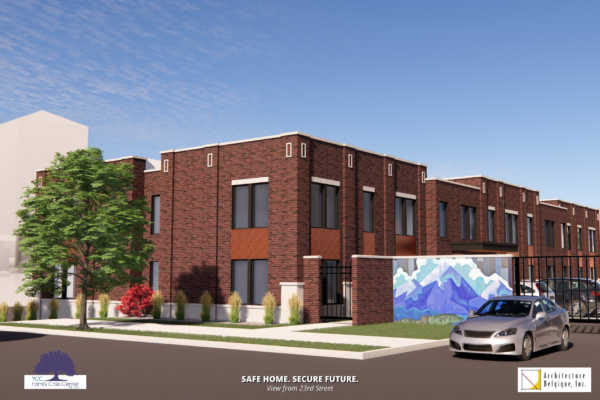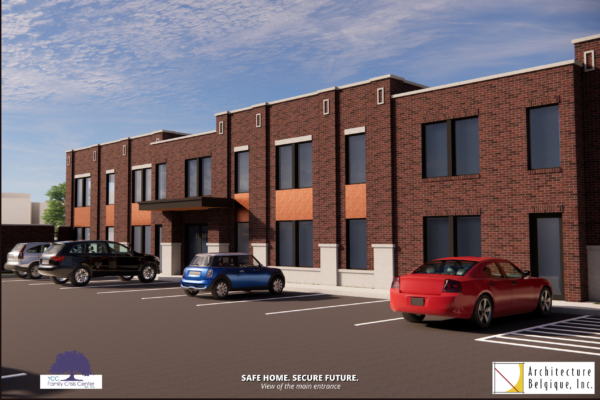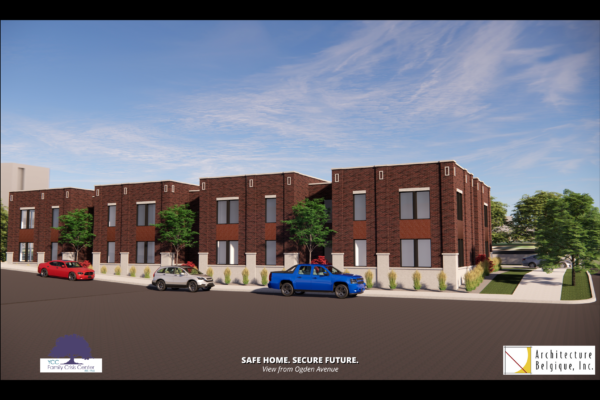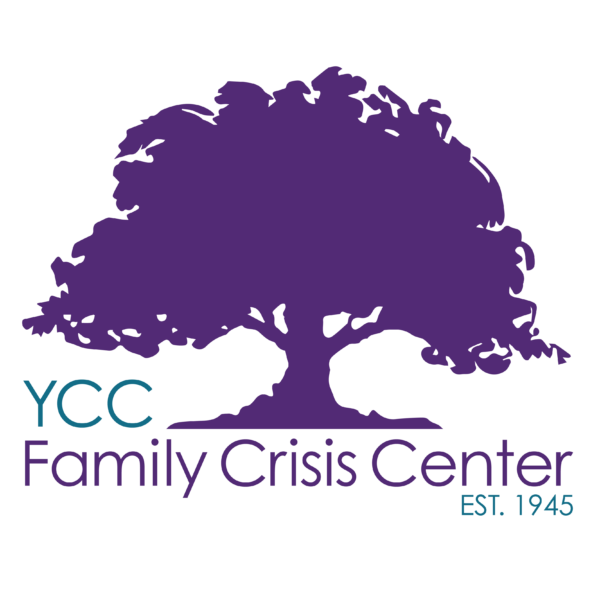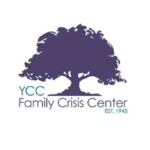SAFE HOME. SECURE FUTURE.
The Project
Transitional housing apartments located on the southwest corner of YCC property for up to 50 people.
Population to be Housed
Survivors of domestic violence, currently in crisis shelter, who need ongoing supportive case management and protection.
County Goals
The project aligns with the Weber-Morgan Local Homeless Council’s goals to keep homelessness rare, brief, and non-recurring.
Help furnish YCC’s transitional housing units!
YCC Family Crisis Center’s Transitional Housing project is almost ready to welcome survivors of domestic violence into their new homes. With the 14 apartment units nearing completion, we invite you to join us in helping to furnish these spaces with needed household items.
Contributing is easy using our Transitional Housing Amazon Wish List. Your donation will do more than furnish rooms; it will help create warm, welcoming homes for those in our Housing program.
The connection between domestic violence and housing instability
- 44% of cities identified domestic violence as a primary cause of homelessness (U.S. Conference of Mayors)
- Over 80% of survivors entering shelters identified, “finding housing I can afford” as a need, second only to, “safety for myself” at 85% (NNEDV)
- Between 22-57% of women who are homeless report domestic violence as the immediate cause of their homelessness (Multiple/US Dept HHS)
- Safe and stable housing reduces the likelihood of a victim returning to their abuser.
- Among women with children who are experiencing homelessness, more than 80% had previously experienced domestic violence (Aratani, 2009)
- Safe and secure housing can reduce the effects of Adverse Childhood Experiences (ACEs)
What is transitional housing?
Transitional Housing is an intermediate step between emergency crisis shelter and permanent housing. It is more long-term, service-intensive, and private than the emergency shelter. It is meant to provide a safe, supportive environment where residents can overcome the trauma of domestic violence, gain the skills and means to afford their own housing, and begin to rebuild their support network.
Why transitional housing at YCC?
There is limited attainable housing in Morgan and Weber counties. Transitional housing reduces burdens on healthcare, first responders, the judicial system, child protective services, reliance on government support, homelessness, and crime. More importantly, it reduces the chances of a victim returning to their abuser.
YCC programming and services already support 9 of the top 10 priorities of the Weber-Morgan Local Homeless Council. This project will fulfill that final priority in our community.
THANK YOU TO OUR CAPITAL CAMPAIGN DONORS
State of Utah
City of Ogden
YCC
Anonymous
Stephen G. & Susan E. Denkers Family Foundation
Weber County Homeless Charitable Trust Fund
PROJECT PARTNERS
CAPITAL CAMPAIGN TEAM
HONORARY CO-CHAIRS
Stephen G. Denkers & Suzanne Lindquist
ADVISORS
Bob Hunter, Janis Vause, and Kathie Darby
COMMITTEE MEMBERS
Jim Kauffman, Cherie Hanson, Jon Browning, Sara Mejeur
YCC STAFF
Margaret Rose, Executive Director
Keicha Christiansen, Development Director
You Can Help!
Help provide continued safety and security for survivors of domestic violence. For donation questions contact Keicha Christiansen, Development Director, at keicha.c@yccogden.org, or 801.689.1740.

